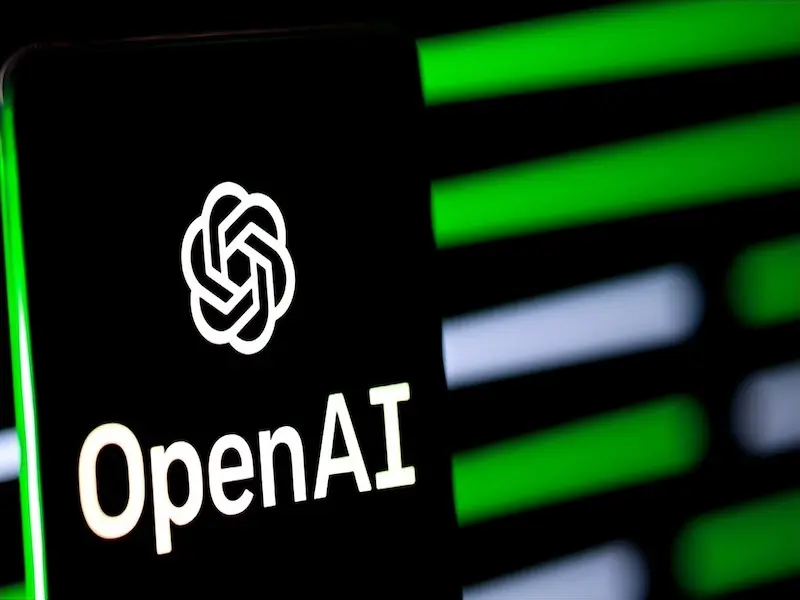- OpenAI supports AB 3211, requiring tech companies to label AI-generated content to enhance transparency.
- The bill aims to prevent misinformation during election years, while another contentious AI bill, SB 1047, faces industry backlash.
OUR TAKE
OpenAI’s support for the California bill AB 3211 highlights the importance of transparency in an era increasingly influenced by AI-generated content. As misinformation can significantly impact elections and public opinion, implementing measures like watermarking is crucial. However, balancing regulation with innovation remains essential.
–Lily,Yang, BTW reporter
What happened
OpenAI is backing a California legislative measure called AB 3211 that would require tech companies to label AI-generated content, from benign memes to potentially misleading deepfakes. The move comes amid growing concerns about disinformation, especially as many countries prepare for elections this year. The bill already has overwhelming support, passed unanimously in the state Assembly and is under consideration in the Senate.
In contrast, another bill, SB 1047, would require AI developers to test the security of their models, a bill opposed by the tech industry, including OpenAI itself. With a number of AI-related bills introduced in California, including one aimed at ensuring algorithmic fairness, AB 3211 stands out for its focus on transparency.
OpenAI advocates for clear provenance in AI content, saying this is especially important in this election cycle because of the potential impact of AI-generated material. If passed, the bill would go to Gov. Gavin Newsom for approval in late September.
Also read: What is OpenAI?
Also read: OpenAI blocks Iranian ChatGPT accounts for U.S. election targeting
Also read: OpenAI improves AI safety through U.S. AI Safety Institute
Why it’s important
The news of OpenAI’s support for California’s AB 3211 bill addresses pressing concerns surrounding the role of AI-generated content in spreading misinformation, especially in a critical election context.
By advocating the attribution of AI-generated content, transparency, and watermarking, OpenAI demonstrates its commitment to promoting transparency and integrity of digital information.
The bill received bipartisan support and was passed unanimously at the General Assembly, reflecting a growing consensus on the need for accountability for AI technology. This legislative effort could serve as a model for other jurisdictions grappling with similar issues, highlighting the balance between innovation and responsibility in the rapidly evolving field of artificial intelligence.
While the intent behind the bill is laudable, it also raises questions about implementation challenges and the potential impact on creative freedom.

